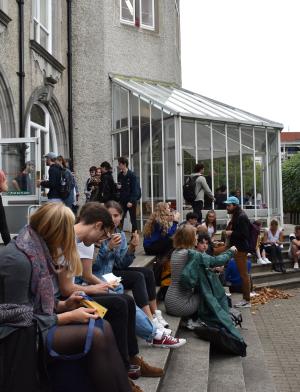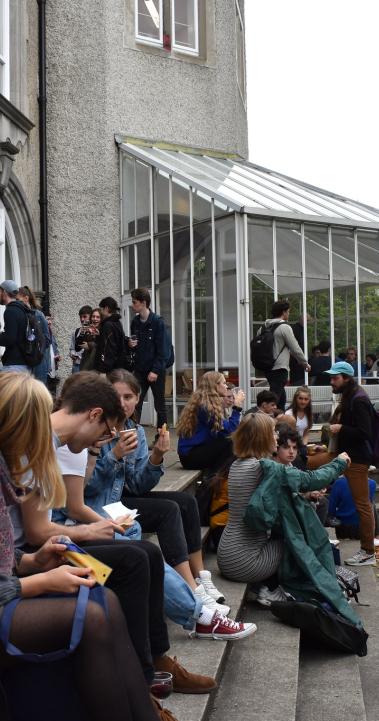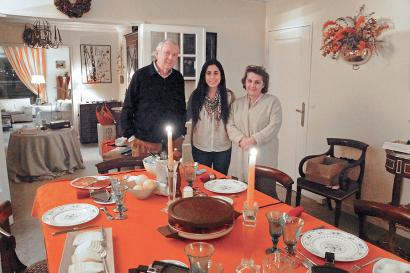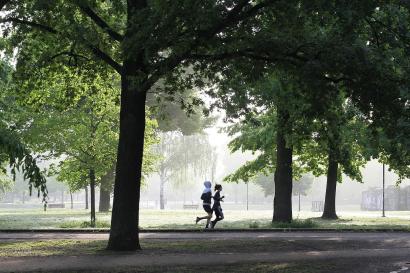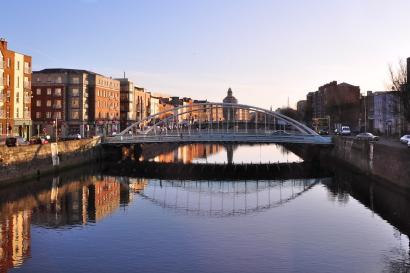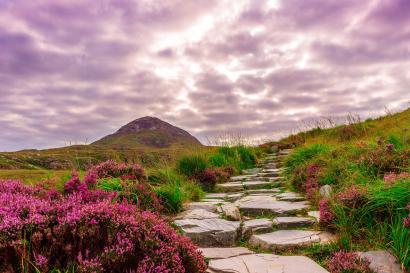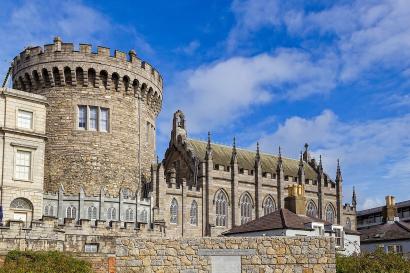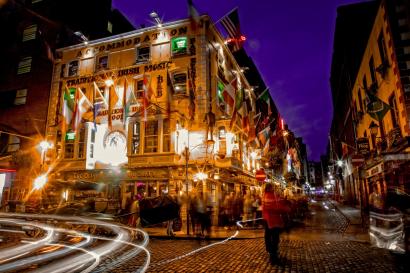There is the very formal drinking and appreciation of tea, but it is also a fundamental part of everyday UK life.
When working or studying in London or Cambridge, you’ll hear the word ‘tea’ used for several things. There’s afternoon tea and cream tea, then a cup of tea and high tea (or just ‘tea’.)
What is afternoon tea?
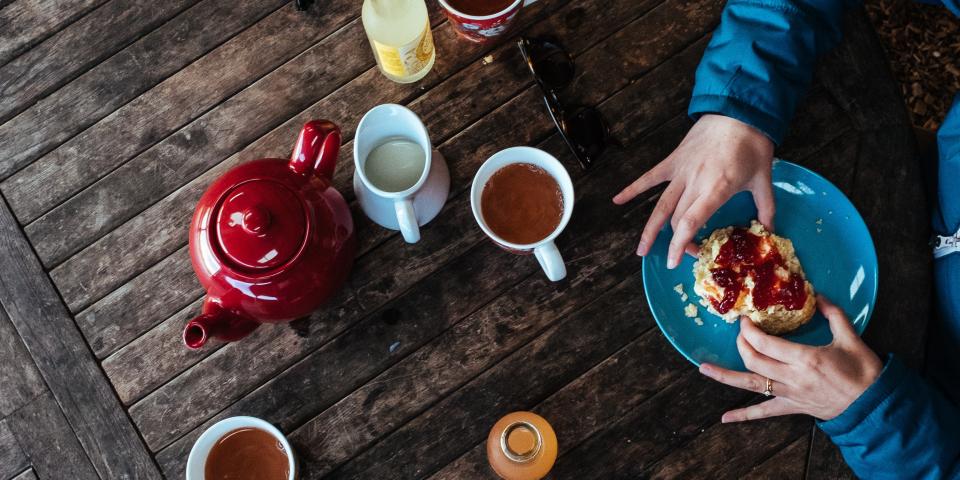
Afternoon tea started life in the 18th century when upper-class ladies struggled to get from lunch to the fashionable 8 o’clock dinner without eating anything. Anna Russell, Duchess of Bedford, started taking a light refreshment in her rooms, then invited friends to join her, and within no time, the most fashionable members of society made afternoon tea the thing to do.
Still today, the formal afternoon tea is special and very much an occasion. Sandwiches and cakes line the table, and a pretty teapot takes pride of place in the middle of the table.
Thanks to the south-western counties of Devon and Cornwall, afternoon tea now also has an excitement of scones, jam, and clotted cream, or scones, clotted cream, and jam, depending on where you’re from... and the arguments will never cease over the ‘correct’ order of jam and cream on a scone. The only answer is to try both and decide for yourself.
Have a cuppa

If there’s one thing the Brits and the Chinese can agree on that’s “A day without tea is a day without joy.” And while you can’t, unfortunately, have afternoon tea every day, every day can be a tea day.
Those 60 billion cups of tea a year happen in every household across the country. Whatever the question, tea is the answer. Living in a student house in the UK, everyone works together to create a friendly community. So if you’re making a cup of tea, or a cuppa, as it’s known, you should ask everyone else if they want one, too. You could easily end up making six-plus cups, but tea is a social thing that cheers you up, calms you down, and prepares you for everything.
When you ask people if they’d like a cuppa, your next question is simply: “Milk? Sugar?” and the answers will flood in: “Just a splash” means only a little bit of milk, and “I like mine milky” means they want quite a lot. “Just one” is one spoonful of sugar, and some people ask for three or more spoonfuls of sugar. Most people, though, just have “Milk, no sugar,” which makes things easy.
To create the perfect cuppa experience, buy some biscuits to ‘dunk’ in your tea. One study claims Bourbons are the best for dunking, but there are many biscuits to try when you study in the UK.
. . . and ‘tea’
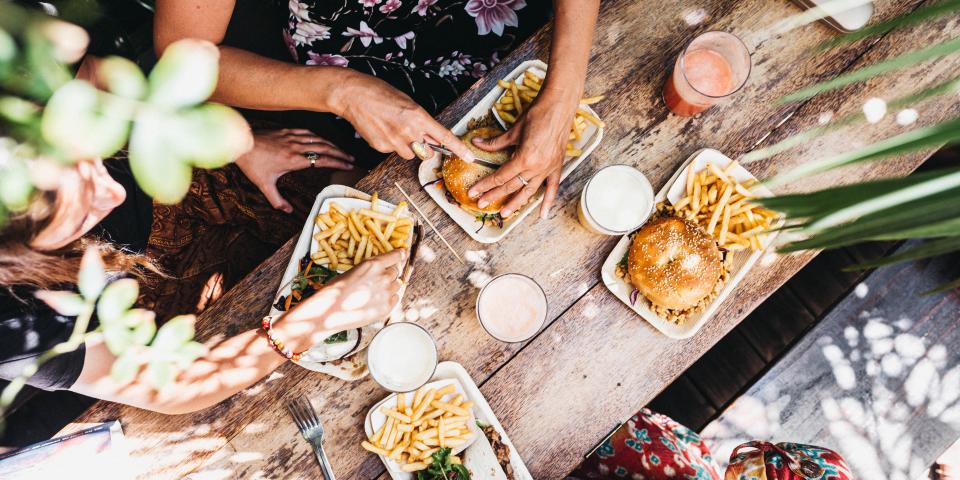
In Northern England, you may also hear people take about ‘eating tea,’ which will probably be very confusing. Many families call their evening meal ‘tea.’ Traditionally it was ‘high tea’ because when the working father got home, families would eat at the dining table (rather than on sofas as people would for afternoon tea) a meal of bread, butter, cheese ,and meats, washed down with a pot of tea.
Over the decades, the evening meal became a hot meal, but many working families still call it tea. So if someone asks you to ‘come to tea,’ it will probably include a meal, not just a cuppa.










